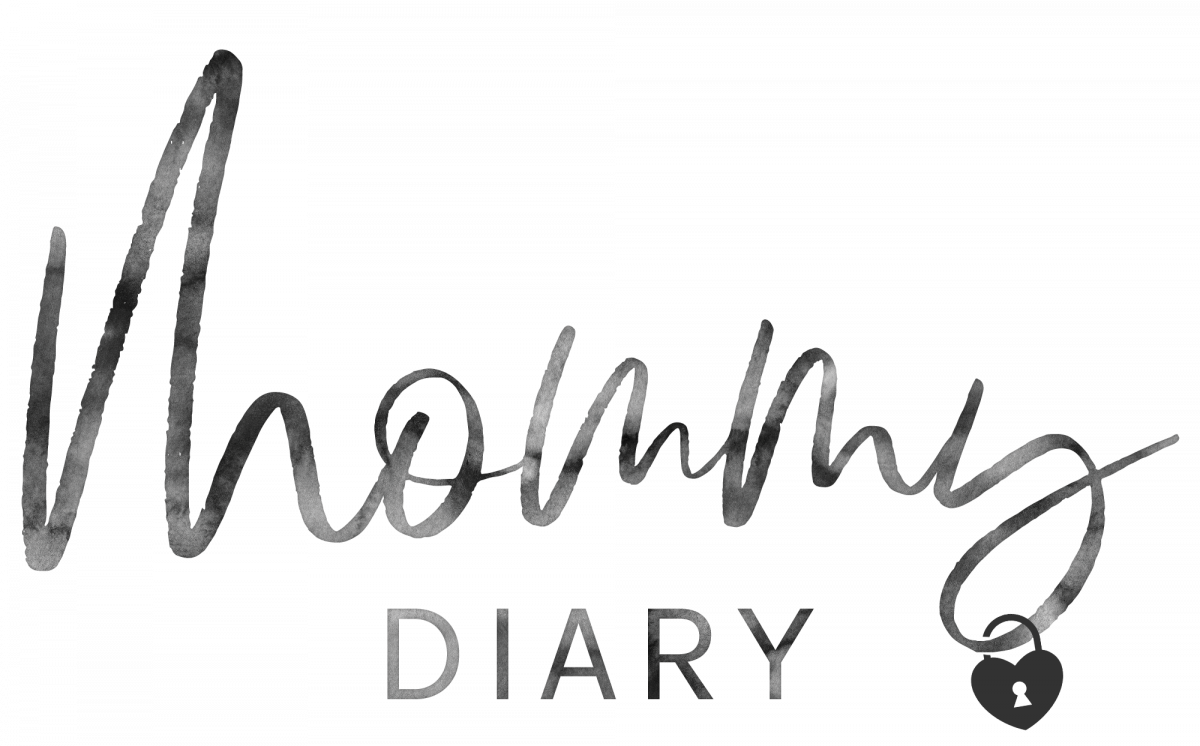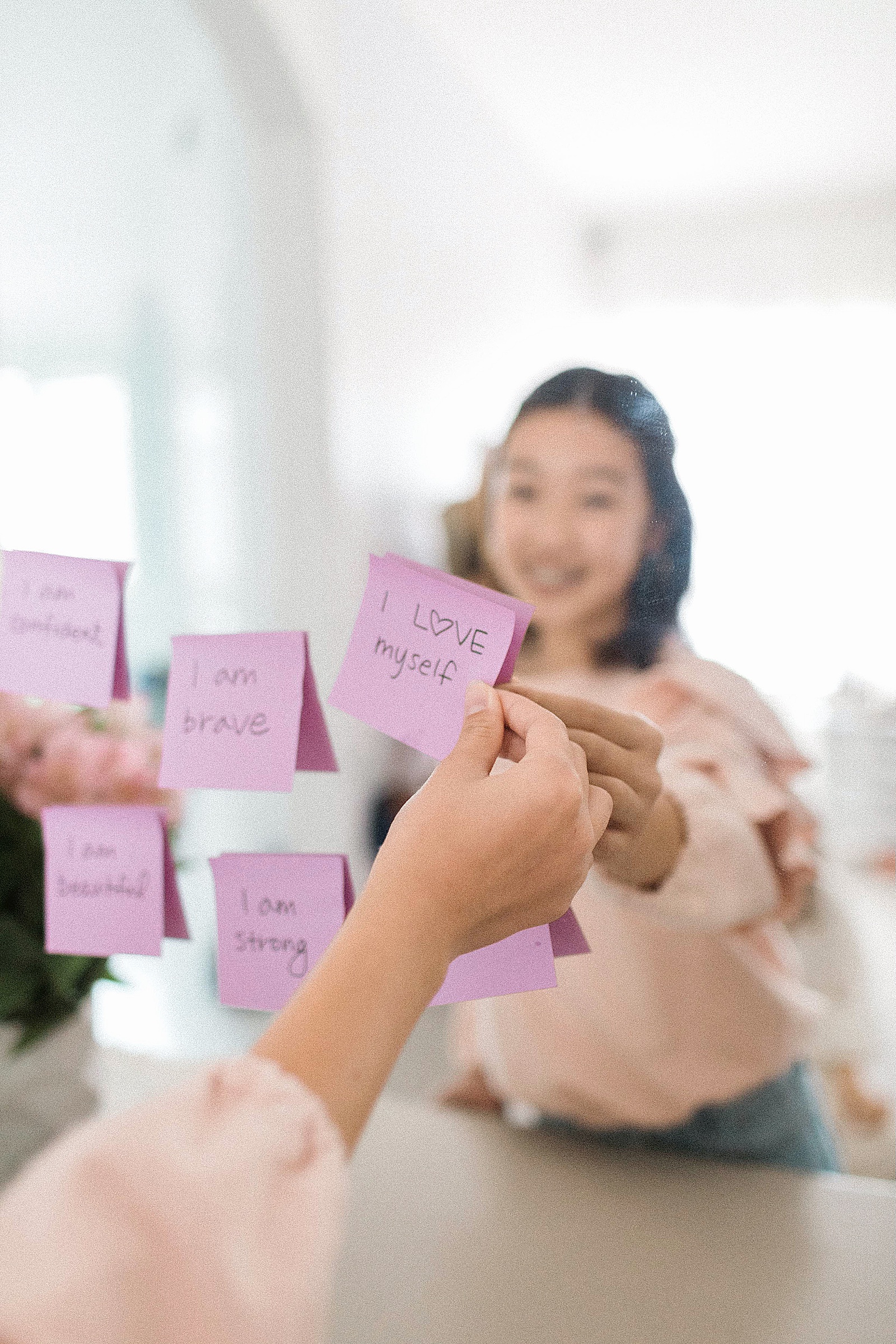This post is sponsored by Responsibility.org. As always, all opinions are my own.
I hate to admit this, but I had my first sip of alcohol when I was underage. I wish I knew better ways to cope with my isolation and depression, but I didn’t have the right resources and tools to overcome this difficult period of my life.
In this post, I want to share some of my own experiences with underage drinking and ways to help your children avoid underage drinking and risky behavior as teenagers.
Talking To Our Teens About Underage Drinking

My story as a teenager and how I took my first sip of alcohol
Like some people, I had a really difficult teenage years. Growing up in a strict Asian American family as a child of first generation immigrants, I often felt misunderstood and isolated from my parents and their ways.
It didn’t help that I was strong-willed and inquisitive, which made my upbringing even more turbulent because my strict parents couldn’t understand how their overachieving, straight-A student daughter can begin to rebel against their authority.
Plus my personality was introverted and chill, and alcohol made me feel more fun, energetic and courageous. I wish I knew that these alcohol induced feeling weren’t real. But I lacked the self-awareness and the proper language to explain what I was going through.
Looking back, it was a dark time of my life where I embodied the idea that something was innately wrong with me. Suddenly I went from a straight-A student to the troubled teenager of my family, and I had my first sip of alcohol, beer to be exact, at a friend’s home in high school.
I remember feeling the alcohol buzz for the first time in my life, then feeling relaxed, then confident and I finally felt like I was acceptable. During a time when no one seemed to understand me, alcohol made me feel good.
And of course I returned home acting as if nothing happened, as conversations about alcohol and sex were non-existent in my household. Little did I know that this set the tone for a complex relationship with alcohol for the rest of my life.
Talking to tweens and teens about alcohol
I recently had the opportunity to talk to a panel of experts in this topic sponsored by my partner Responsibility.org. The panel consisted of the following people:
Tiffany Jones, M.Ed, Licensed Professional Counselor and Certified Substance Abuse Counselor
Christine Koh, Music and brain scientist, parenting expert, and co-author of Minimalist Parenting
Jessica Lahey, New York Times bestselling author of the Gift of Failure and The Addiction Inoculation; Prevention Coach, Sana at Stowe.
When should we start talking to kids about risky behaviors and what are some ways to begin?
Experts agree that talking about alcohol and risky behaviors is never going to be a one-time conversation. If you’re a parent you may wonder when is a good time to begin and surprisingly the answer is younger than we think.
We can start as young as nine, although this may vary depending on the child’s level of maturity and readiness.
Such important conversations can happen at designated times. But they can also occur naturally during our daily interactions with our kids, such as dinner time.
Christine Koh shares that she likes to do quick check-in’s around dinner time with “highs and lows of the day,” where she asks her daughters to share a great thing and a bad thing about the day.
Key things to remember as you’re talking to your children about underage drinking and risky behaviors.
- Establish trust
- Look for everyday teachable moments.
- Remain calm- as your calm state matters a lot
- Encourage your child to talk about how things make her/him FEEL
- Avoid making judgmental comments
- Speak from your experiences and failures
- Intersect it with things they care about such as social media and trending games
- Don’t just set the standard- BE THE STANDARD

What influence do parents have on their kids’ decisions?
As a parent of teenagers, I know it sometimes feels like our teens don’t listen to us. But research shows that parents in fact, have a huge influence on their children. It’s important for parents to not just set the standard, but BE THE STANDARD.
This is easier said than done, but it’s important to approach our teens with empathy, integrity, love and most importantly humility. Even though we’re adults, we don’t always know or have all the answers and that’s okay. We are still learning and growing just like our kids. And it’s okay to express that and be more human and vulnerable in front of our children.
Coming from a culture where kids are discouraged from having his/her own opinion and voice, it’s easier for me to implement rules than to truly empathize with each child and her/his unique experience. But now I know that this is where a lot of the disconnect and distrust come from. And the most basic and crucial foundation between parents and children is not only love and communication, but trust.
How are you talking to your children about avoiding underage drinking and other risky behavior? Share your thoughts below!
You can find more valuable information about safe and responsible drinking at responsibility.org.


